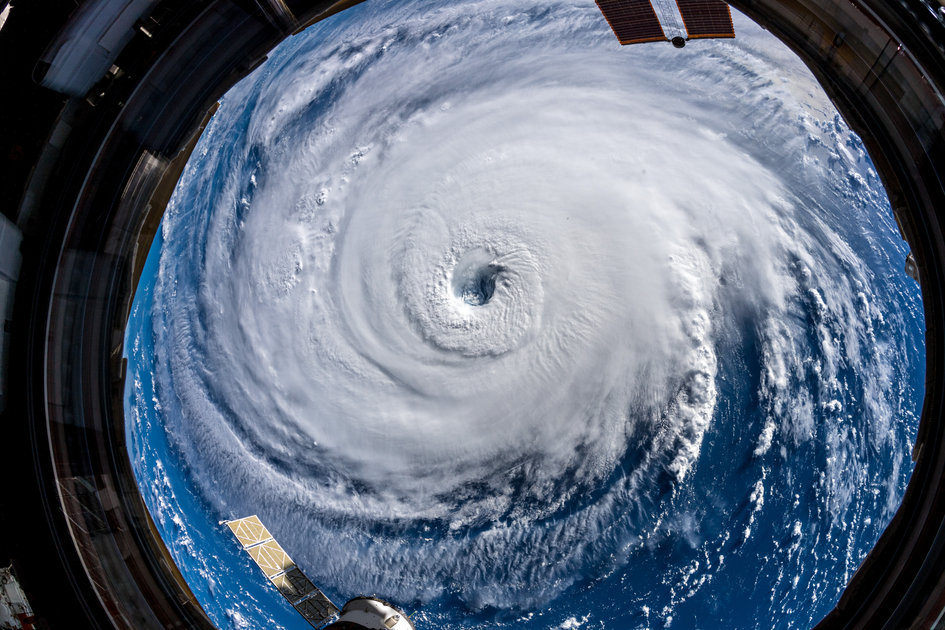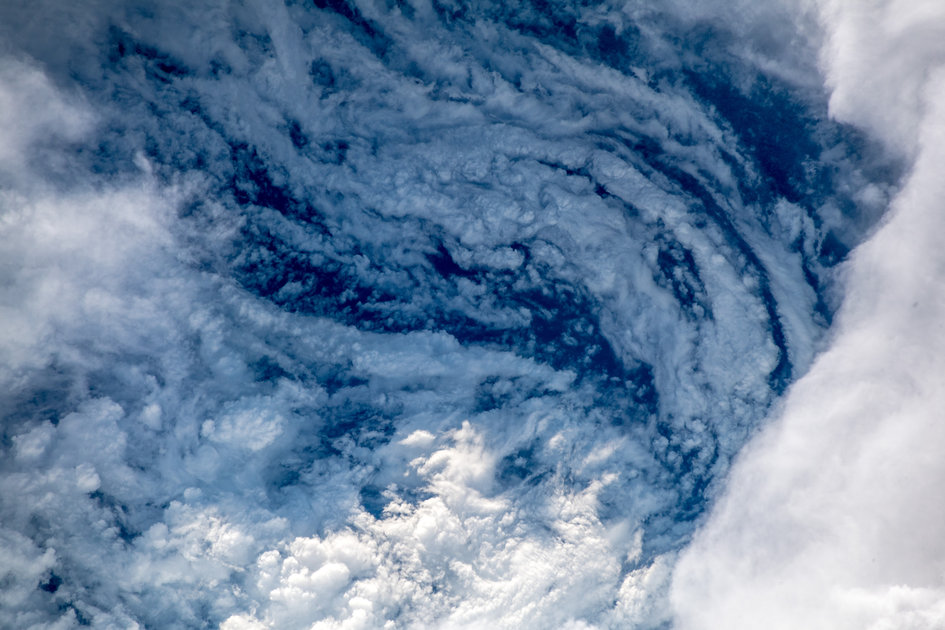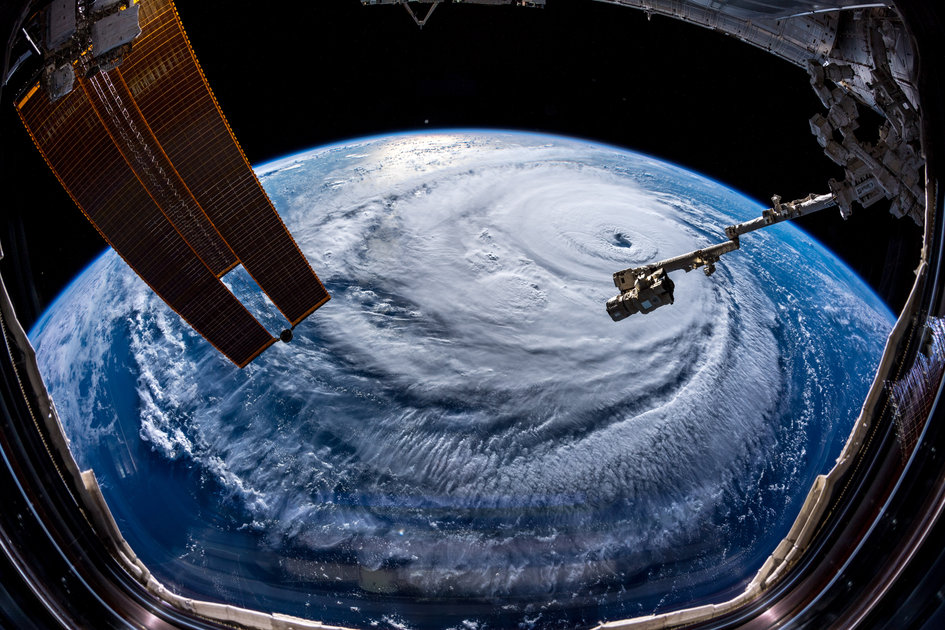Engineering Campers Enjoy Space Activities and Live Q&A With Astronaut
On July 10, North Carolina Space Grant (NC Space Grant) was invited to visit a summer engineering camp in Havelock, North Carolina for a day, to offer over 50 elementary school students a chance to participate in space-technology related activities and a live Q&A session via NASA downlink with astronaut Alexander Gerst on the International Space Station.
The summer day camp is the result of a partnership between the Eastern Carolina Aviation Heritage Foundation (ECAHF), the city of Havelock, the Fleet Readiness Center (FRC) at Cherry Point and NC State University. The camp offers rising fourth-, fifth- and sixth-graders with an interest in science, technology, engineering and math (STEM) disciplines a chance to work in teams to design and build devices, then use them to conduct experiments. This year, NC Space Grant selected the engineering camp for the opportunity to participate in the downlink, organized by the NASA Langley Research Center in Hampton, Virginia.
The Havelock campers, along with fellow students in Kentucky, South Carolina, Virginia and West Virginia, created posters about space and submitted questions for the astronaut, Gerst of Germany, who is currently on a six-month mission aboard the space station. Students from Hampton Road Elementary School in Virginia read out 10 of the collected questions during the 20-minute downlink and Gerst answered in real time.
The North Carolina campers, some of whom are aspiring astronauts themselves, were curious about life on the space station. One of the students’ questions was about what Gerst missed most from Earth.
“I realized that there are some things we take for granted every day, and they only exist on that little planet down there,” Gerst said. “For example, walking through a forest and hearing the leaves whisper, feeling the wind in my face or going for a run in the rain, which I love.”
The students also wanted to know if the space station feels cramped. Gerst answered that it typically did not.
“It’s much bigger than many people might think. It’s about the size of a big airplane, but with only five other people,” said Gerst. He explained that each of the astronauts works in a different module and only crosses paths with the others a few times a day, which means they enjoy each others’ company when they have the chance to interact.
Students from other states asked about the best and hardest parts of living on the space station, what happens if an astronaut needs medical attention and Gerst’s first thought as he cleared Earth’s atmosphere while heading toward the space station.
“The first thing that came to my mind,” Gerst answered, “was we really need to take care of this planet with this little, fragile atmosphere…. We really only have this one little oasis in a black universe, so we have to cherish it.”
Jobi Cook, NC Space Grant’s associate director, explained the importance of programs like the ECAHF elementary engineering camp and of organizing opportunities like the downlink event to engage students in STEM learning early.
“This is important for our future workforce,” Cook said. “If we can get students excited about science, then it helps them figure out what kind of career they want to pursue. If you wait until college, they pretty much already know what they want to do.”
Retired Marine Corps Major General Tom Braaten, an ECAHF board member, also attended the event to lend a hand with the activities. He agreed with Cook that the camp was about preparing students for future careers.
“We’re just trying to get them moving from the basics of understanding the engineering process,” Braaten said. “Then eventually some of them will attend NC State’s engineering degree program and go to work for FRC or one of the other industries in our area, so we’ve grown our own.”
⏤
Hurricane Florence made landfall Sept. 14 in Wilmington, bringing 80-mile-per-hour winds, a storm surge of nearly 10 feet and an estimated 20 to 30 inches of rain to the town of Havelock nearby in a matter of days. Before the storm hit, astronaut Gerst was tweeting images from the International Space Station. He warned, “Watch out, America! #HurricaneFlorence is so enormous, we could only capture her with a super wide-angle lens from the @Space_Station, 400 km [248.5 miles] directly above the eye. Get prepared on the East Coast, this is a no-kidding nightmare coming for you. #Horizons.”
Later, he reiterated this warning, directed toward the same area the students lived he had spoken to only two months before: “This is why the big picture matters, and listening to the official evacuation orders…. Please stay safe down there! #HurricaneFlorence #Horizons.”
At NC Space Grant, our thoughts are with all those in North Carolina and on the eastern seaboard who were affected by Hurricane Florence. It is our hope that, as we learn more about our planet from space, we can develop better and better strategies to respond to and overcome natural disasters.




ESA astronaut Alexander Gerst took these images of Hurricane Florence on Sept. 12, 2018 from the International Space Station, nearly 250 miles above the Earth.
Photo credit: ESA/NASA–A. Gerst
☽
- Categories:


